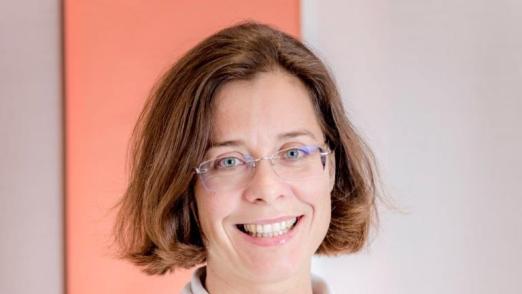News
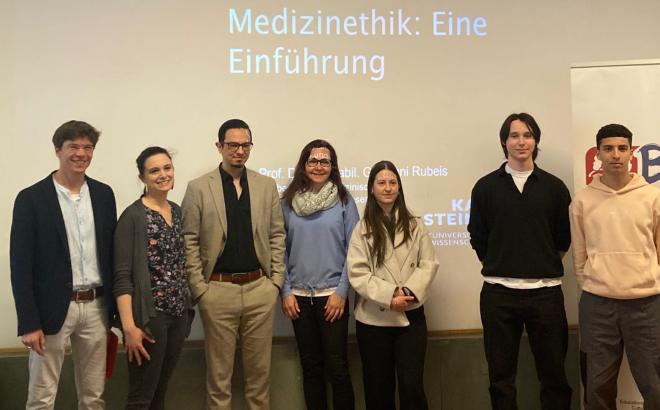
Am 19. April war es wieder einmal so weit: Im Rahmen einer Bildungskooperation war die KL im BRG Ringstraße zu Gast - dieses Mal mit einem Vortrag zum Thema Medizinethik im Gepäck.
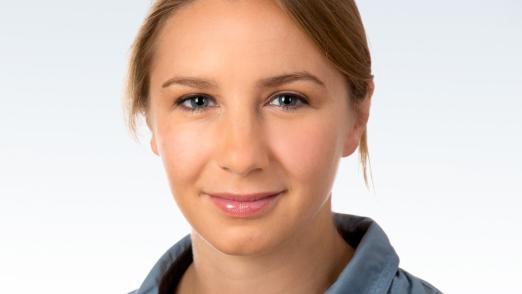

Non-interventional studies and real-world data analyses are getting more and more important. Since March, the Karl Landsteiner University for Health Sciences has been successfully accredited by both the Austrian Micro Data Center (AMDC) and Eurostat, the European statistical office.

Which fears are reported by children in connection with the transition from primary to secondary school and how do they deal with them? These questions were investigated by the scientific working group D.O.T. (The Open Door). Researchers led by Dr Beate Schrank, a medical doctor at the University Hospital Tulln, conducted more than 50 workshops in Lower Austrian school classes to better understand the psychological challenges during school transition.
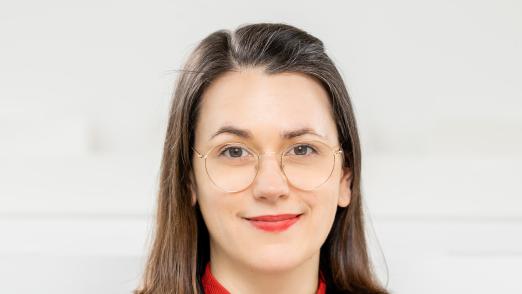
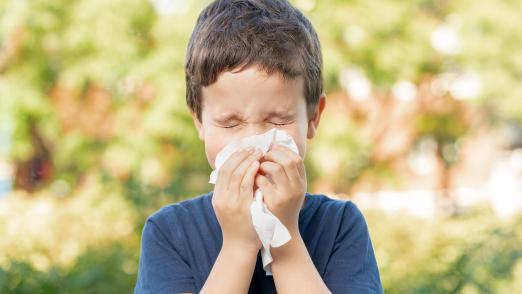
As part of a MedUni Vienna-led study conducted in cooperation with Stockholm’s Karolinska Institute and the Karl Landsteiner University of Health Sciences in Krems, a comprehensive European allergy atlas has been compiled for the first time using a newly developed test method. Identification of molecular sensitisation patterns in around 2,800 children from northern, western, central and southern Europe revealed clear regional and climate-related differences in sensitisation to allergens, while also showing lifestyle- and diet-dependent divergences. The study results are now providing the basis for new diagnostic and treatment procedures for allergies, in addition to new prevention strategies at the European level. The findings have just been published in respected journal Allergy.
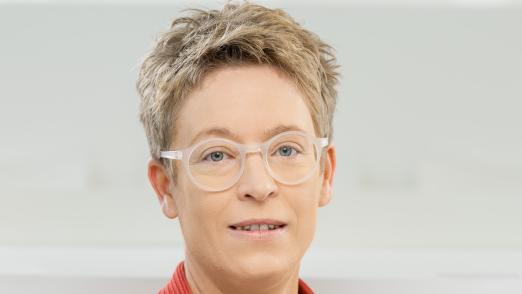
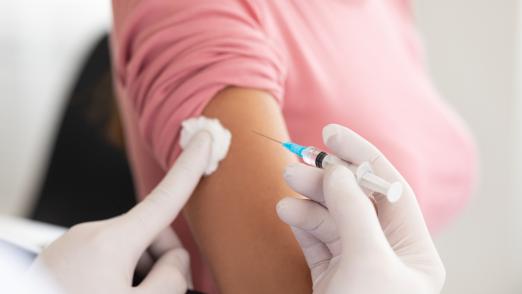
For those affected by B-cell cancer, a third SARS-CoV-2 vaccination is of particular importance. The 3rd vaccination often results in detectable antibody production even in those patients in whom the second vaccination has no effect and is therefore necessary for basic immunization. This recent study of the Karl Landsteiner University of Health Science has been published in the scientific journal "Cancers" and highlights that antibody levels increase quite generally significantly in almost all affected individuals after the 3rd vaccination. Overall, the work provides important insights for future vaccination strategies in a particularly vulnerable population – individuals suffering from cancer of cells that are important for the immune system.

Clinical studies confirm that dialectical behaviour therapy is effective for complex post-traumatic stress symptoms in female patients. Researchers from the Department of Clinical Psychology at the Karl Landsteiner University investigated data from a psychosomatic centre to analyse whether the method proves successful in a real-world clinical setting.
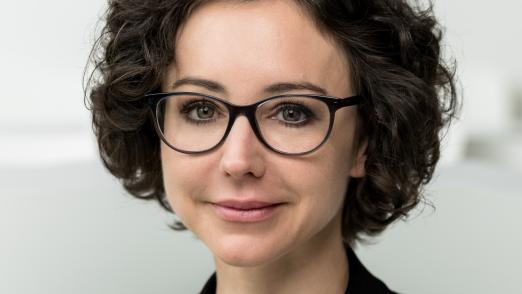

Together with partner universities from Germany and Finland, experts from Karl Landsteiner University of Health Sciences explored what motivates older adults to acquire digital skills. The results of the studies are now published in a practical guide for adult educators and other target groups.

The prevalence of dysphagia, which is a swallowing disorder, increases with age and with certain diseases such as stroke. In fact, caregivers in Austria's hospitals are often confronted with the question of how to safely administer prescribed medication in cases of dysphagia. Speech therapist PhDr. Michaela Trapl-Grundschober, MSc investigates whether common methods for facilitating swallowing in patients after stroke are safe and if they are necessary to the same extent as they are applied. The Survey takes place at the University Hospital Tulln, a teaching and research site of Karl Landsteiner University.
